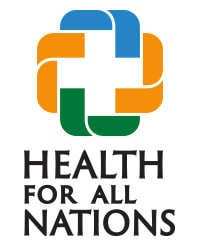|
Statement 4 may be the most difficult aspect of cross-cultural healthcare ministry to get right. I have found in my 11 years serving in Guatemala that the clash of cultures is a major factor in failed “partnerships” since few take the time to carefully craft and care for their long term partnership/relationship with majority world hosts. And this despite the fact that is an abundance of reading available on how to really do Christian networking and partnership right. See the resources tab @ Health for All Nations.
Here then is statement #4 regarding best practices in global health missions: We will nurture relationships without fostering dependency.
There is perhaps no more important statement in this entire series. It is rare indeed to find a team of healthcare professionals from a Western nation that truly understands how to create a unique and biblical culture within their partnership such that the leaders from the majority world side of the partnership feel as equals and that their opinions and ideas are given highest priority. This is not easy work and can be frustrating for both partners in the relationship. This is why it is critical to also put much emphasis on statement #3. There must be a dedicated champion on each side of the relationship is thoroughly trained in cross-cultural work and who is an excellent communicator. Can you think of other points that could be added to this list??
0 Comments
Leave a Reply. |
AuthorThis is the blog for the Best Practices in Global Health Mission division of the Center for the Study of Health in Mission. It is a space for all who are interested in sharing opinions, ideas and best practices having to do with Christ centered health related ministry. Archives
April 2020
Categories |

© 2024 Health for All Nations All Rights Reserved In Partnership with Frontier Ventures and the Ralph D. Winter Launch Lab |
ABOUT The mission of Health for All Nations is to engage the global Christian community in the exploration and application of biblical revelation, scientific evidence, and cumulative experience as they relate to health and wholeness. Our mission includes assisting the global Christian church in fulfilling its mandate to promote health and healing among the nations. Learn More |
Proudly powered by Weebly


 RSS Feed
RSS Feed
